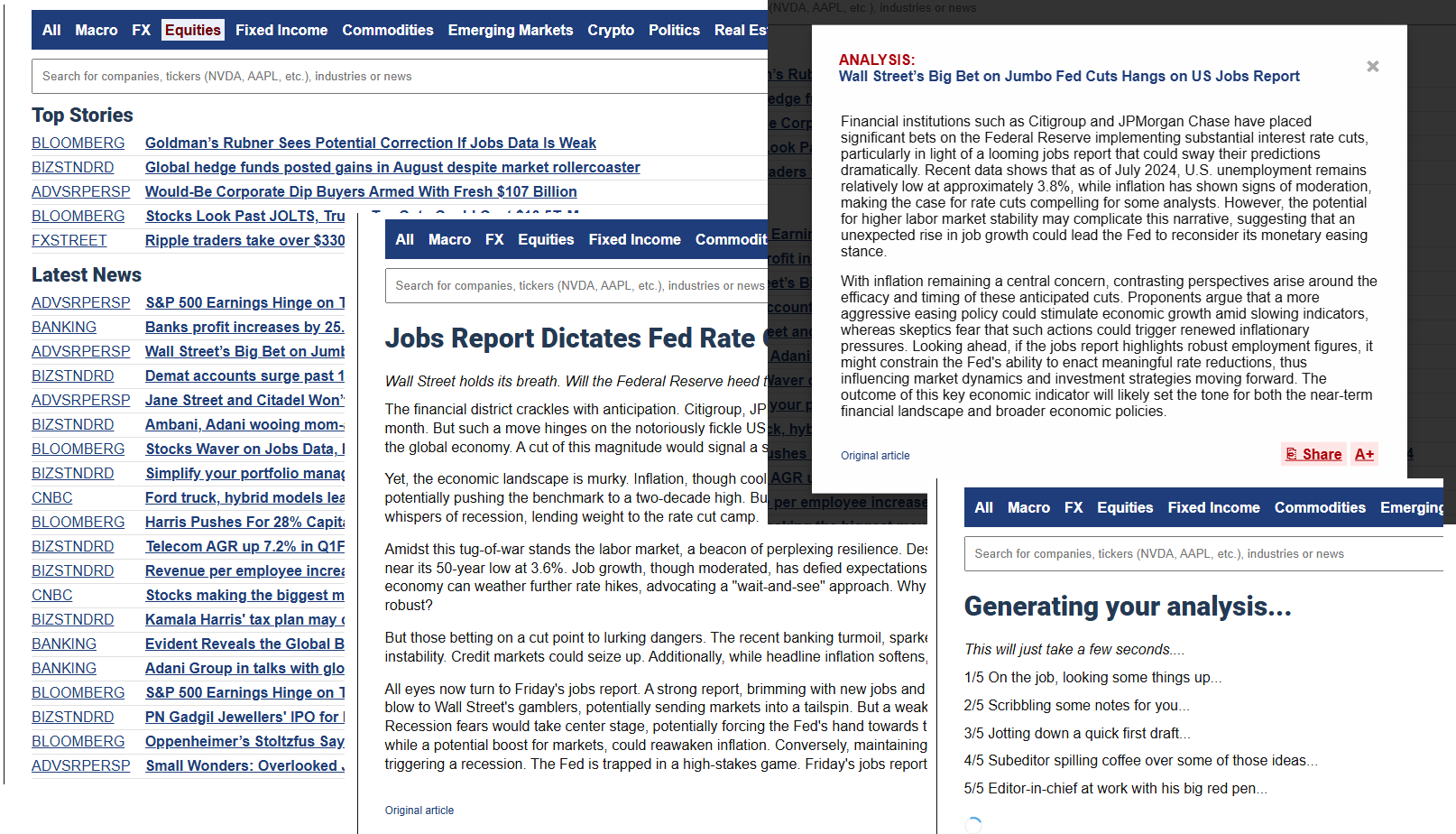Global Financial Landscape Shifts Amid Tensions And Opportunities
The global financial scene is in the midst of significant transformation, highlighted by notable ETF outflows, escalating geopolitical tensions, and dynamic changes in both the mining and pharmaceutical sectors. These shifts reveal the complex interplay of forces influencing economies worldwide, where opportunities and risks collide.
One of the most prominent events has been the substantial outflow from the ProShares UltraPro QQQ (TQQQ), which saw investors pull out approximately $445.1 million, translating to a 1.9% decrease from the prior week. This action underscores broad market uncertainties, primarily fueled by global economic concerns. Such movements suggest a cautious approach among investors, who are responding to fluctuating global conditions.
Geopolitical tensions are intensifying as Israel takes decisive steps to target financial institutions affiliated with Hezbollah in Lebanon. By disrupting Hezbollah's economic strongholds, Israel adds another volatile dimension to the ongoing Middle Eastern affairs. These actions have ramifications that extend beyond the immediate region, influencing global markets sensitive to geopolitical instability.
In contrast, Canada's mining sector is witnessing positive developments. Iamgold, a key player, is optimistic about its recent advancements, which are paving the way for a potentially new mining district. The successful exploration outcomes at Côté indicate transformative impacts on local and regional economies. This optimism stands relatively isolated from prevailing global financial insecurities and could signal a resurgence of growth and investment within the sector.
The pharmaceutical industry, on the other hand, presents a complex narrative. Amgen is navigating mixed responses in its strategic positioning within the burgeoning obesity drug market. The prospect of a $5 billion market entices investors; however, stock downgrades reveal that Amgen's current valuation already accounts for this potential growth. This situation highlights the challenge in balancing market perception with actual value, particularly in predicting sectoral momentum.
Amidst this, Amgen's mixed market behavior reflects broader market fluctuations. Despite promising drug trial results, the volatility persists due to uneven outcomes in other trials. This complexity underscores the challenges as Amgen strives to capitalize on the rapidly growing obesity treatment sector—an industry expected to burgeon to $144 billion within six years. Tracking Amgen's progress remains pivotal for those watching the pharmaceutical industry’s future trajectory.
Globally, the United States is reinforcing its military engagements in Syria, targeting Islamist extremist factions linked to ISIS and al-Qaeda. Recent airstrikes, which resulted in 37 militant casualties, reaffirm the U.S.' commitment to countering terror threats in the region. These efforts continue to fuel discussions on geopolitical stability and security in the Middle East, with broad implications for global economic stability and the investment landscape, impacted by regional unrest.
Meanwhile, significant transformations are unfolding in the banking sector with governance restructuring among three banks previously under the S Alam Group. New boards and leadership efforts reflect wider industry shifts as financial institutions adapt to complex regulatory and operational demands. Such changes emphasize an environment poised for potential upheaval as the sector responds to evolving global economic conditions.
Conversely, the agritech sector is charging forward, driven by innovation. The KIC Agritech Challenge exemplifies this momentum by empowering young entrepreneurs to pursue cutting-edge technological solutions aimed at enhancing agricultural productivity. These initiatives are crucial for bolstering food security and positioning against global supply chain disruptions, underscoring the importance of future economic sustainability in agriculture-dependent regions.
Amid these diverse developments, investors and analysts must navigate a complex portfolio of occurrences. From assessing the geopolitical fallout to evaluating sector-specific prospects and risks, today’s environment demands a nuanced and proactive approach. Recognizing that each event contributes to a broader economic mosaic, stakeholders face a global theater increasingly defined by interconnected yet unpredictable elements.
As stakeholders continue to evaluate the intricate global finance and industry landscape, understanding the interactions between geopolitical shifts, technological advancements, sector rotations, and market perspectives becomes critical. Maintaining vigilant adaptability is key to mitigating risks while seizing emerging opportunities. The coming months will undoubtedly underscore these themes as participants recalibrate strategies to align with evolving global narratives.
AI-Powered trading insights: join our email list
Real-Time Market Analysis
Get instant insights on market trends, news impact, and trading opportunities.

